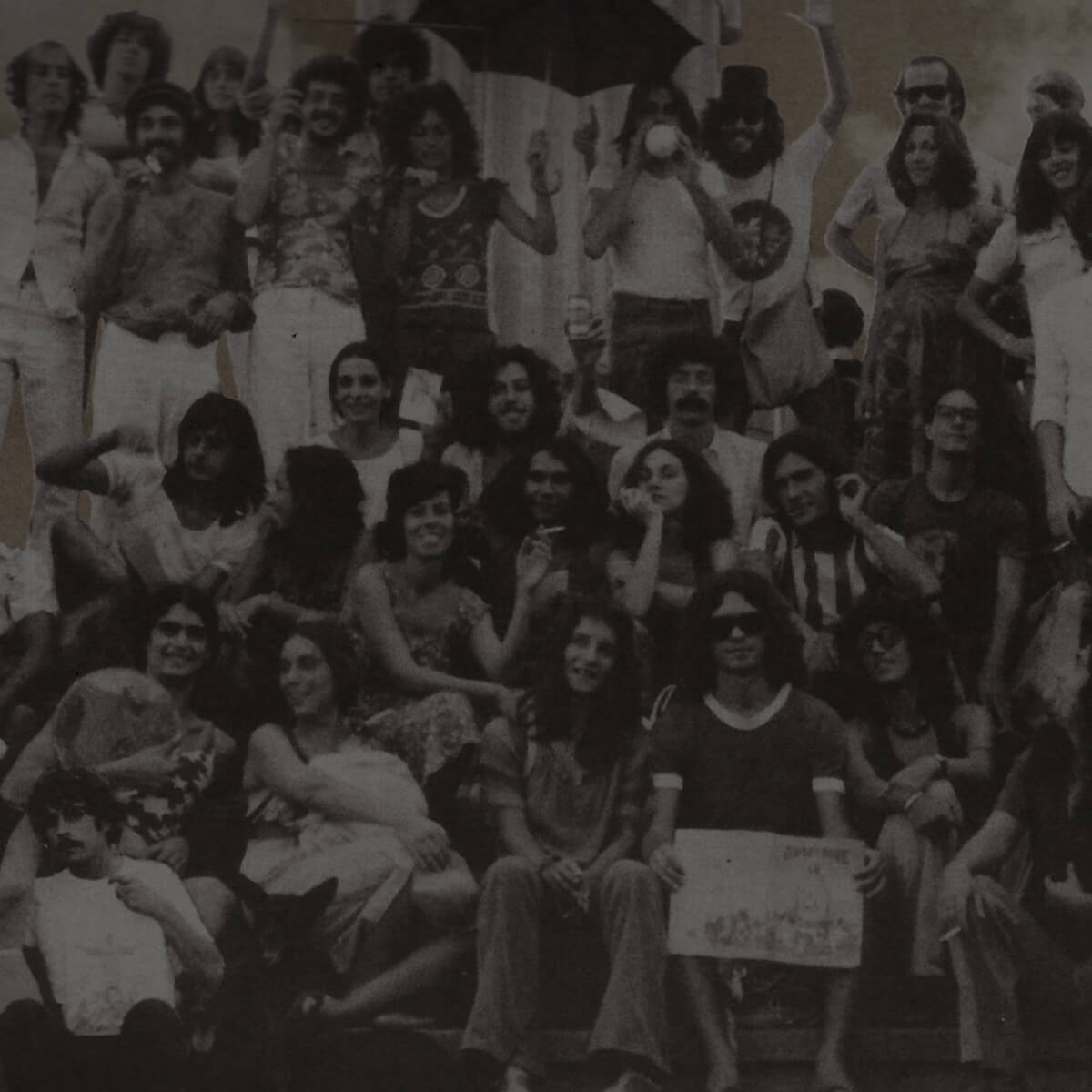The author exists
Copyright is an achievement of civilization, the opposite is barbarism.
Copyright is one of the human rights (UN Charter).
The author has the exclusive right to use his work (an entrenched clause of the Brazilian Constitution).
Copyright is a private right.
We are capable of creating and managing that which belongs to us. For this, we do not need the help of the State.
There are two sides to the issue: the creator who wants to receive payment and the companies that do not want to pay.
To resolve this, the Courts and the State can and must collaborate.
The current law protects the creators in the real and virtual world. It can be improved and refined.
What happens on the internet in relation to copyright is transitory.
The technology that creates supposed conflicts will resolve them.
All authors should have at their disposal all the information about what they receive and distribute.
This communication has to be public and also offered to the Ministry of Culture.
The social function of art is to spread beauty and aesthetic pleasure to mankind.
The obligation to make culture accessible to all belongs to the State, without being prejudicial to the author.
– Fernando Brant –






